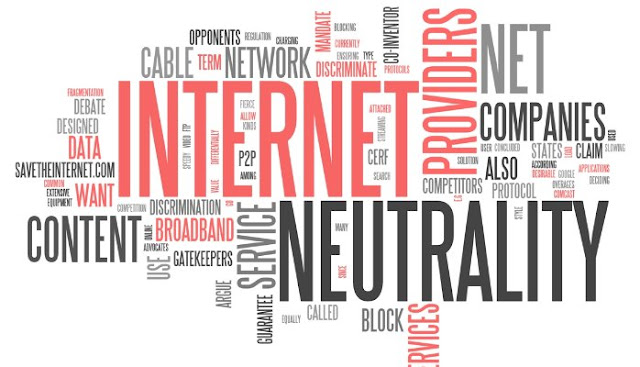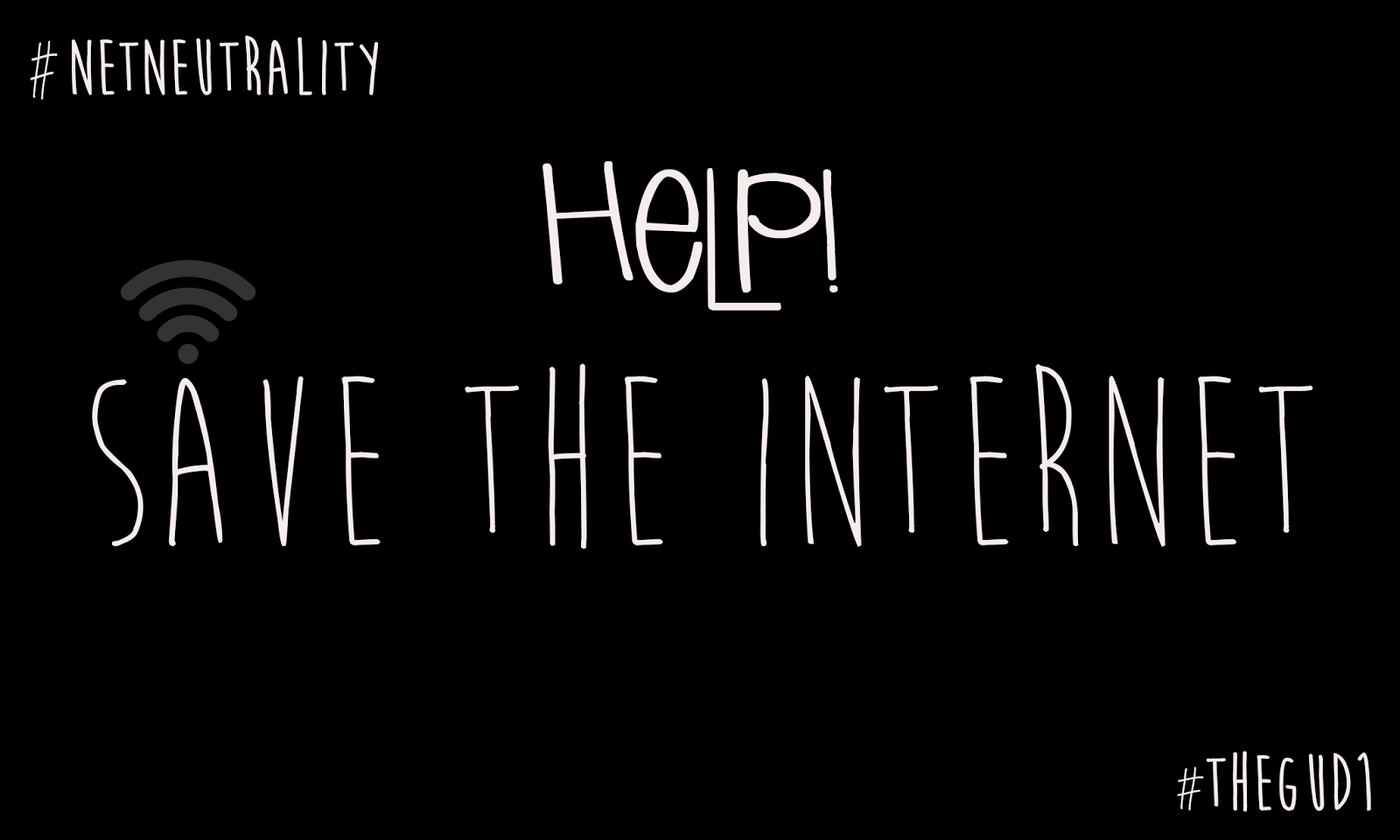After months of debate on the fundamental principle of the Internet—freedom—the Department of Telecom panel led by A K Bhargava has submitted its report on Net Neutrality and made it public.
Throughout the report, the panel has emphasised on the user’s right to Net Neutrality. The recommendations of the report (paraphrased) are as follows:
For OTT application services, there is no case for prescribing regulatory oversight similar to conventional communication services.
The panel report cites Vint Cerf, regarded as one of the ‘fathers of the internet’, “The internet is a reflection of our society and that mirror is going to be reflecting what we see. If we do not like what we see in that mirror the problem is not to fix the mirror, we have to fix society.”
In compiling the report, DoT consulted with 164 participants comprising representatives across civil services, academia, media, Government bodies, private sector, technical community, associations and over-the-top services providers across sectors including ecommerce, social networking, travel and more. The panel also considered views of telecom and internet service providers while putting the report together.
In the past couple of months there has been a lot of buzz around ‘Net Neutrality’ in India. Here’s what triggered the net neutrality debate in India.
Follow ME on Twitter>>> @iamBhavish
And like us on Facebook>>> The Gud1
Throughout the report, the panel has emphasised on the user’s right to Net Neutrality. The recommendations of the report (paraphrased) are as follows:
Net Neutrality must be adhered to
The committee has said that it unhesitatingly recommends that the principles of Net Neutrality must be adhered to.Take a rational approach
The committee believes that international best practices, in addition to the core principles of Net Neutrality, will help in formulating an India-specific Net Neutrality approach. It calls for a rational approach and action in making an objective policy, specific to the needs of India.Innovation and infrastucture
The report emphasises on the promotion of innovation and infrastructure. It believes neither can spread without the other. It adds, “The endeavor in policy approach should be to identify and eliminate actions that inhibit the innovation abilities inherent in an open Internet or severely inhibit investment in infrastructure.”
Developmental aims of the country
According to the report, the primary goals of public policy in the context of Net Neutrality should be directed towards achievement of developmental aims of the country by facilitating “Affordable Broadband”, “Quality Broadband” and “Universal Broadband” for its citizens.
Ensure user rights on the Internet
The report has specifically highlighted that TSPs/ISPs should not restrict the ability of the user to send, receive, display, use, post any legal content, application or service on the Internet, or restrict any kind of lawful Internet activity or use to ensure the user’s right on the Internet is upheld.
OTT services need to be encouraged
Over-the-top (OTT) application services should be actively encouraged and any impediments in expansion and growth of OTT application services should be removed.Separation of application and network layer
There should be a separation of “application layer” from “network layer” as application services are delivered over a licensed network.No interference with OTT Messaging
Specific OTT communication services dealing with messaging should not be interfered with through regulatory instruments.VoIP OTT regulatory arbitrage
In case of VoIP OTT communication services, there exists a regulatory arbitrage wherein such services bypass existing licensing and regulatory regime to create a non-level playing field between TSPs and OTT providers. Public policy response requires that regulatory arbitrage does not dictate winners and losers in a competitive market for service provision.Calibrated public policy response towards VoIP OTT
The report has placed emphasis on protecting domestic communication services by telecom service providers. However, in case of OTT VoIP international calling services, a liberal approach may be adopted.
OTT applications services
For OTT application services, there is no case for prescribing regulatory oversight similar to conventional communication services.
Legitimate traffic management allowed, but Net Neutrality important
Legitimate traffic management practices may be allowed but should be “tested” against the core principles of Net Neutrality.Traffic management infrastructure needs to be in place
Traffic management is complex and specialized field and enough capacity building is needed before undertaking such an exercise.Management of content
CDN is an arrangement of management of content as a business strategy and does not interfere with others business. Making available one provider’s CDN to others on commercial terms is a normal commercial activity. It should at best be covered under law related to unfair trade practice.Managed services
Managed services are a necessary requirement for businesses and enterprises, and suitable exceptions may be made for the treatment of such services in the Net Neutrality context.No comments on search neutrality
This Committee refrains from making any specific recommendation on search-neutrality, however, flags this issue as a concern for public policy.Tariff plans
Tariff plans offered by TSPs/ISPs must conform to the principles of Net Neutrality set forth in guidelines issued by the Government as Licensor. TRAI may examine the tariff filings made by TSPs/ISPs to determine whether the tariff plan conforms to the principles of Net Neutrality.No gatekeepers
Content and application providers cannot be permitted to act as gatekeepers and use network operations to extract value in violation of core principles of Net Neutrality, even if it is for an ostensible public purpose.Licensee needs to adhere to Net Neutrality
A clause, requiring licensee to adhere to the core principles of Net Neutrality, as specified by guidelines issued by the licensor from time to time, should be incorporated in the license conditions of TSP/ISPs. The guidelines can describe the principles and conditions of Net Neutrality in detail and provide applicable criteria to test any violation of the principles of Net Neutrality.New legal framework must incorporate Net Neutrality
New legislation, whenever planned for replacing the existing legal framework, must incorporate principles of Net Neutrality. Till such time as an appropriate legal framework is enacted, interim provisions enforceable through licensing conditions as suggested by the Committee may be the way forward.National security first
National security is paramount, regardless of treatment of Net Neutrality. The measures to ensure compliance of security related requirements from OTT service providers, need to be worked out through inter-ministerial consultations.(i) Core principles of Net Neutrality may be made part of License conditions and the Licensor may issue guidelines from time to time as learning process matures.
(ii) Since Net Neutrality related cases would require specialized expertise, a cell in the DoT HQ may be set up to deal with such cases. In case of violations, the existing prescribed procedure may be followed. This would involve two stage process of review and appeal to ensure that decisions are objective, transparent and just.
(iii) Tariff shall be regulated by TRAI as at present. Whenever a new tariff is introduced it should be tested against the principles of Net Neutrality. Post implementation, complaint regarding a tariff violating principle of Net Neutrality may be dealt with by DoT.
(iv) Net Neutrality issues arising out of traffic management would have reporting and auditing requirements, which may be performed and enforced by DoT.
(v) QoS issues fall within the jurisdiction of TRAI. Similarly reporting related to transparency requirements will need to be dealt with by TRAI. TRAI may take steps as deemed fit.
Oversight process
Enforcing Net Neutrality principle is a new idea and may throw up many questions and problems as we go along. For this purpose, an oversight process may be set up by the government to advise on policies and processes, review guidelines, reporting and auditing procedures and enforcement of rules.Capacity building
Capacity building through training, institution building and active engagement with stakeholders is essential. In order to deal with the complexities of the new digital world, a think-tank with best talent may also be set up.The panel report cites Vint Cerf, regarded as one of the ‘fathers of the internet’, “The internet is a reflection of our society and that mirror is going to be reflecting what we see. If we do not like what we see in that mirror the problem is not to fix the mirror, we have to fix society.”
You can read the report in its entirety below:
In compiling the report, DoT consulted with 164 participants comprising representatives across civil services, academia, media, Government bodies, private sector, technical community, associations and over-the-top services providers across sectors including ecommerce, social networking, travel and more. The panel also considered views of telecom and internet service providers while putting the report together.
In the past couple of months there has been a lot of buzz around ‘Net Neutrality’ in India. Here’s what triggered the net neutrality debate in India.
Follow ME on Twitter>>> @iamBhavish
And like us on Facebook>>> The Gud1




No comments:
Post a Comment